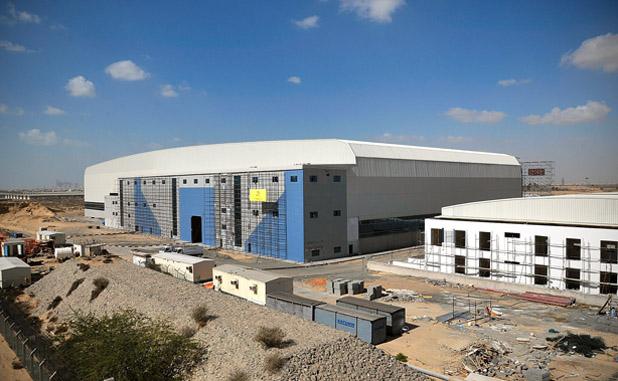Volga-Dnepr Begins 777 Training As Russia Opens Up International Flying

International routes are expected to open up well after domestic flying, which means the widebodies common on many of these routes will be grounded longer and their maintenance most deferred.
But that is only a general rule, with some significant exceptions, for instance widebody cargo aircraft like Boeing 767s and 777s.
Another exception may be Russia, which is recovering significant domestic capacity and has begun opening up international flying as well.
Aeroflot, Russia’s largest airline, normally flies to 146 destinations in Russia and more than 50 other countries. By mid-August, Aeroflot was operating nearly 400 flights per day, up from 60-70 at the depth of the virus crisis, and more than half of the nearly 800 flown before the virus hit, according to RadarBox.
Moscow Sheremetyevo Airport is now seeing more than 500 daily flights, up from about 100 in mid-April, and more than half of February’s 900 daily flights.
Most of these flights are domestic, of course, but domestic flying in the Russian Federation can span 11 time zones, and east-west distances can be the equivalent in length of many trans-oceanic flights usually flown by widebodies.
Moreover, since August 1 Russian and foreign airlines have been flying from Moscow, St. Petersburg and Rostov-on-Don to London and Istanbul. And starting August 10, Russian and Turkish carriers have been connecting Moscow to a number of Turkish resorts.
So long-haul flying is back in Russia. Perhaps it is no coincidence that Volga-Dnepr Technics Moscow Aviation Training Centre has just obtained EASA approval to provide type training to B1 and B2 categories of engineers and mechanics on Boeing 777-200s and 300s. VDT instructors can provide both theoretical and practical parts of training.
“It is a great achievement . . . to expand the range of training programs and include a new type of aircraft,” says Yuri Ryabov, head of VDT’s commercial department in Moscow. “In the context of Russian air carriers’ fleet renewals and receipt of 777-200s and -300s, we are ready to arrange training for airlines and MRO providers in any location convenient for them.”
Ryabov noted that Covid-19 restrictions set new requirements for all companies. He says VDT has been able to quickly convert many courses into online formats.
Over the past three months, instructors have launched online learning in Human Factors, Aviation Legislation, Electrical Wire Interconnection System and Fuel Tank Safety. Face-to-face exams can be held at convenient times.
Since 2016, VDT’s training center has offered more than 54 training programs including basic courses and training for aircraft types such as 737NGs, 737CLs, 747-400s and -8s and Airbus A320s. It trains both at Sheremetyevo airport and customer premises.





